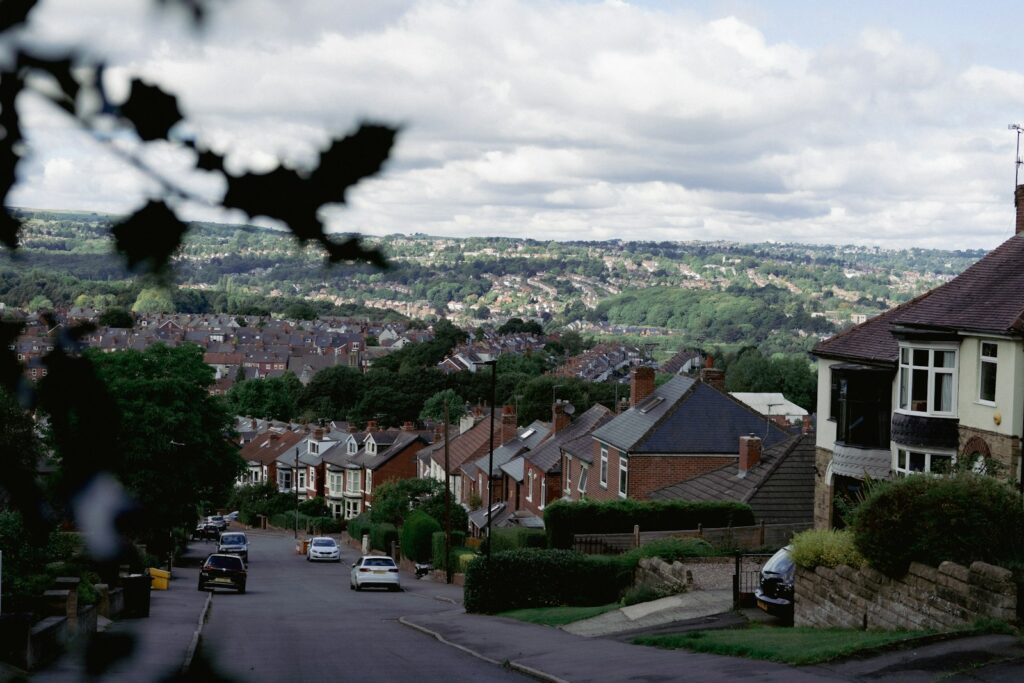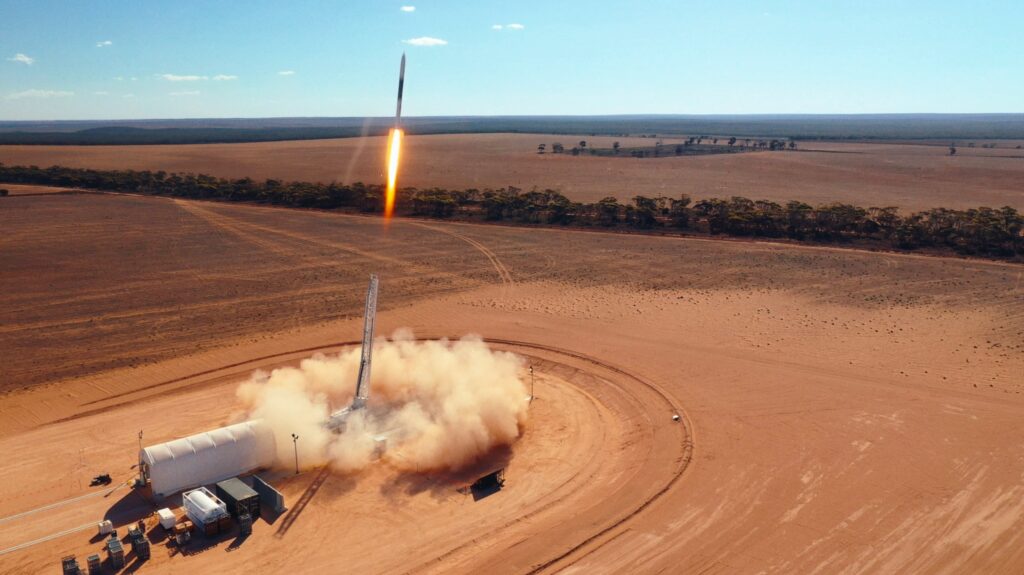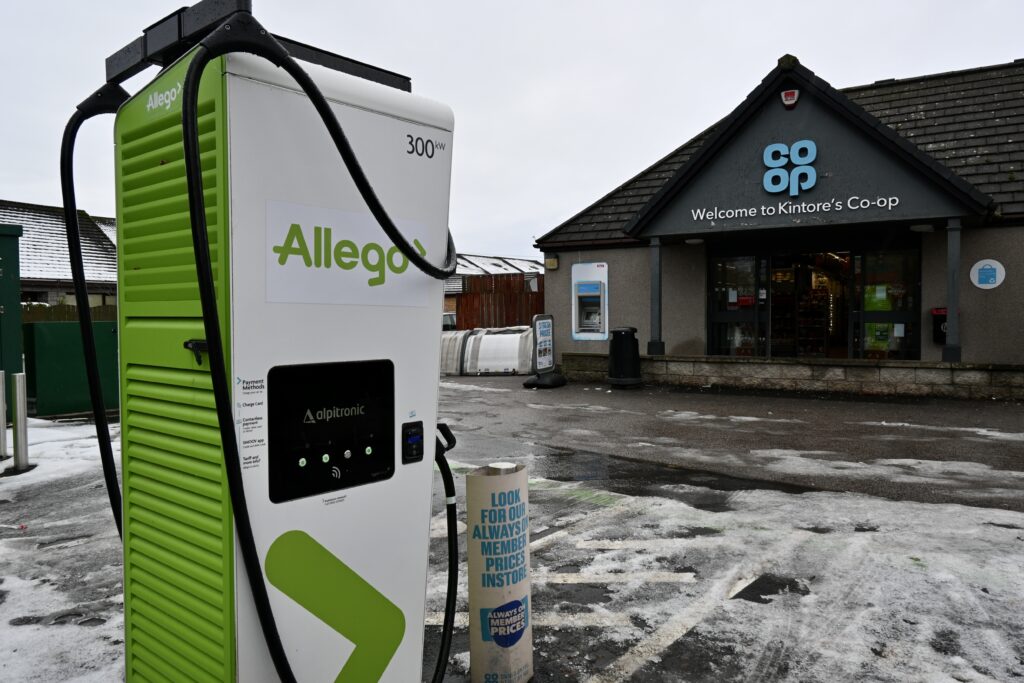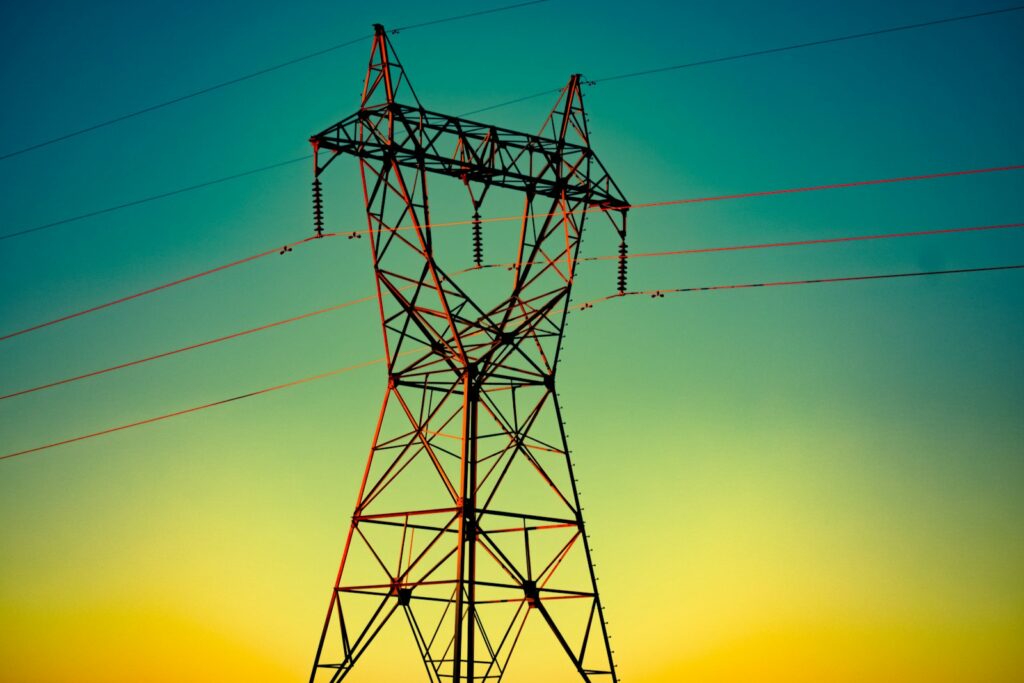Scotland continues to outperform the rest of the UK in reducing its greenhouse gas emissions, but a report says this masks lack of progress in other parts of the Scottish economy.
The Committee on Climate Change’s (CCC) Progress Report to the Scottish Parliament shows that Scotland is performing well as total emissions fell by 10% in 2016, compared to 2015.
The majority of this latest drop in emissions came from electricity generation, however, emissions from transport have increased each year since 2010, with a further 2% increase overall in 2016.
The Scottish Government announced last year they would be phasing out petrol and diesel vehicles by 2032, but the report says its unclear how these policies will deliver a more rapid transition than the rest of the UK.
The report also called on the Government to improve EV infrastructure between now and 2022.
Sales of electric vehicles in Scotland accounted for 4.9% of UK EV sales in 2016, lower than Scotland’s share of total UK vehicle sales (8.2%).
The report adds that emissions from agriculture, forestry and land use also present ‘substantial’ challenges such as relying on voluntary measures for agriculture as well as uncertain funding for targets for tree planting and peatland restoration.
Total emissions in 2016 were 49% below 1990 levels meaning the 2008 Climate Change Bill’s interim target for at a 56% reduction in emissions by 2020 is within reach, according to the report.
The report concludes by saying the Scottish government must move beyond the current voluntary approach to tackle nitrogen emissions and develop new targets, alongside tree planting and peatland restoration.
Lord Deben, Chairman of the Committee on Climate Change, said: ‘Scotland continues to lead the UK in reducing its emissions and has ambitious targets which aim to go further.
‘Decarbonisation of Scotland’s electricity sector, and reductions in emissions from waste, have seen Scotland outperform the UK overall as emissions continue to fall year-on-year to nearly half of 1990 levels.
‘The Scottish Government has made some progress on tackling issues raised in the Committee’s report in 2017.
‘However, challenges remain. Achieving a 90% cut in emissions by 2050, as envisaged within the new Climate Change Bill, means greater effort is now required across other areas of Scotland’s economy.
‘This includes policies to drive down emissions in sectors where they are either flat or rising, such as transport, agriculture and energy efficiency in buildings.’
‘Without real action in these areas, Scotland may fall short of its long-term goals.’
Read the report here.
















